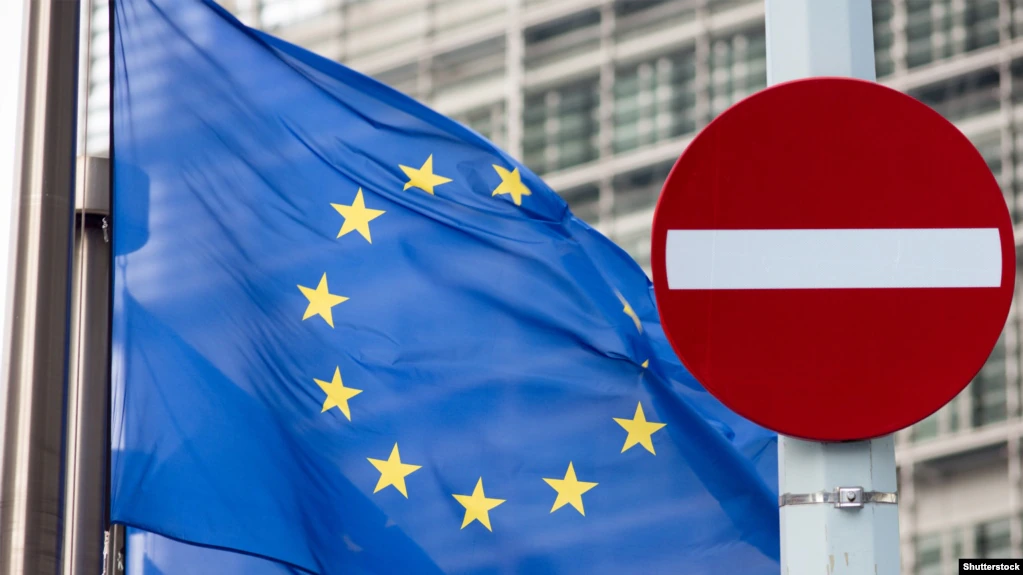The day before, the European Union announced the introduction of another package of prohibitions and restrictions in the context of the Russian Federation. According to official data, the relevant sanctions will affect export-import operations, as well as tourism and the acquisition of foreign real estate by individual citizens of the Russian Federation. In this regard, independent analysts have already questioned the feasibility of these measures. Why?
It needs to be clarified right away. In this particular case, we are talking about the extension of already existing sanctions against Russia. The extension period is specified – until January 31, 2024. At the same time, a number of points of the mentioned restrictions were tightened. For example, from now on, a complete ban is introduced on the transportation of Russian crude oil to several states by sea. In addition, the revocation of licenses for regional broadcasting of more than ten television companies and radio stations, whose main offices are located in Moscow and St. Petersburg, is envisaged. And, finally, a separate paragraph describes the partial ban on the activities of Russian diplomatic services in some EU countries.
Will Russia learn from the new test? At first glance, no. Today, Moscow has reserved the right to transport oil via tankers sailing under the flags of third countries. Among other things, the broadcasting of Russian media can be carried out via the World Wide Web without reference to location. And, finally, several EU states at once, including Hungary and Croatia, refused to “compact” the diplomatic missions of the Russian Federation.
“In my opinion, new sanctions and the extension of old units do not make any sense, – European expert Klaus Hoff said in a special commentary for EURO-ATLANTIC UKRAINE. – In some surprising way, Moscow manages to circumvent the already existing sanctions. It is quite possible that Russia will be able to find loopholes in this part of international legislation as well’’.
But there are also several others some aspects. As expected, in the foreseeable future, Brussels will oblige NATO countries to stop technical and cultural cooperation with the Russian Federation. In addition, Russia will be denied access to the databases of the international police system.
At a minimum, these sanctions will deal a significant blow to the Russian power structure. The question is how quickly Russia will recover from it.


